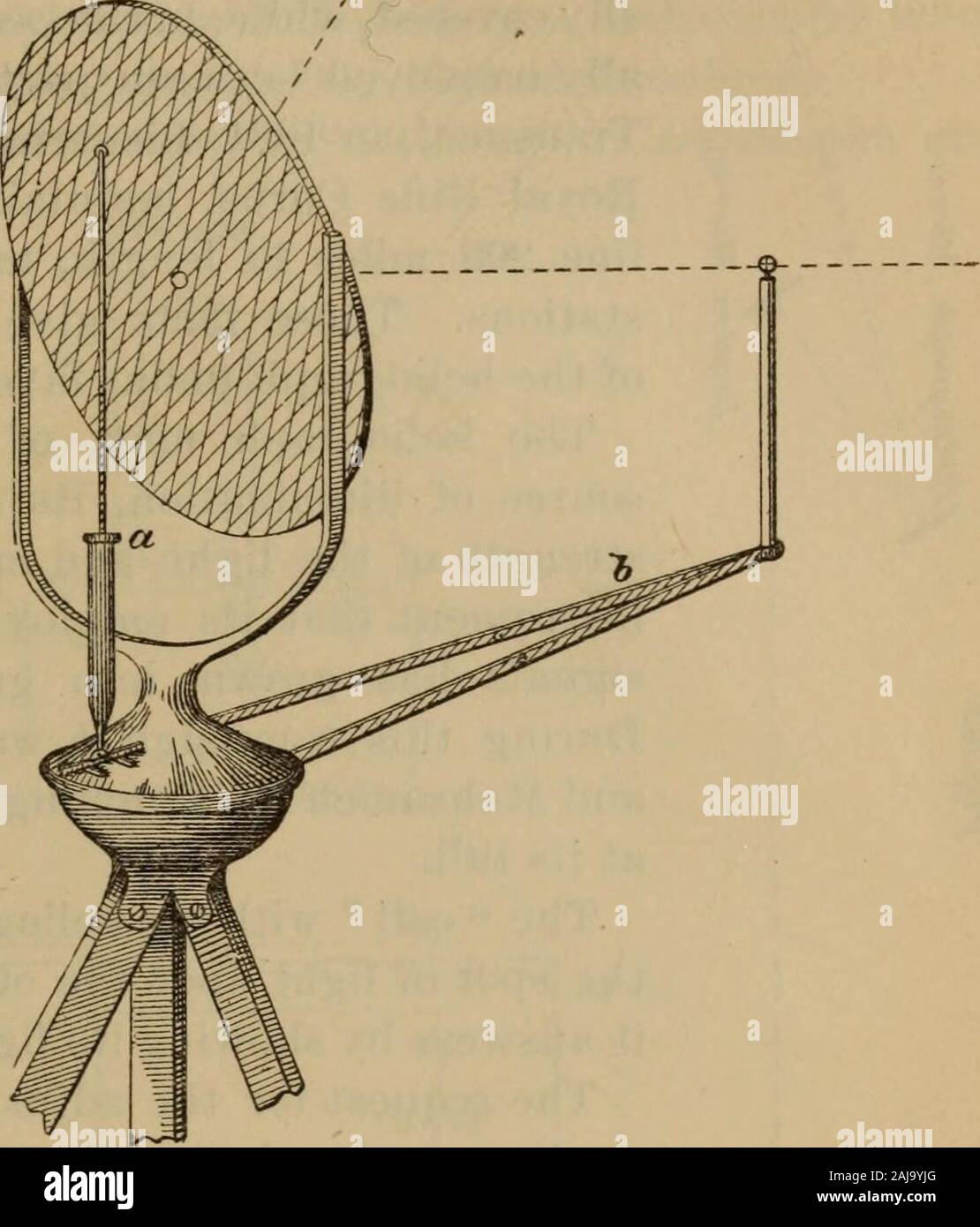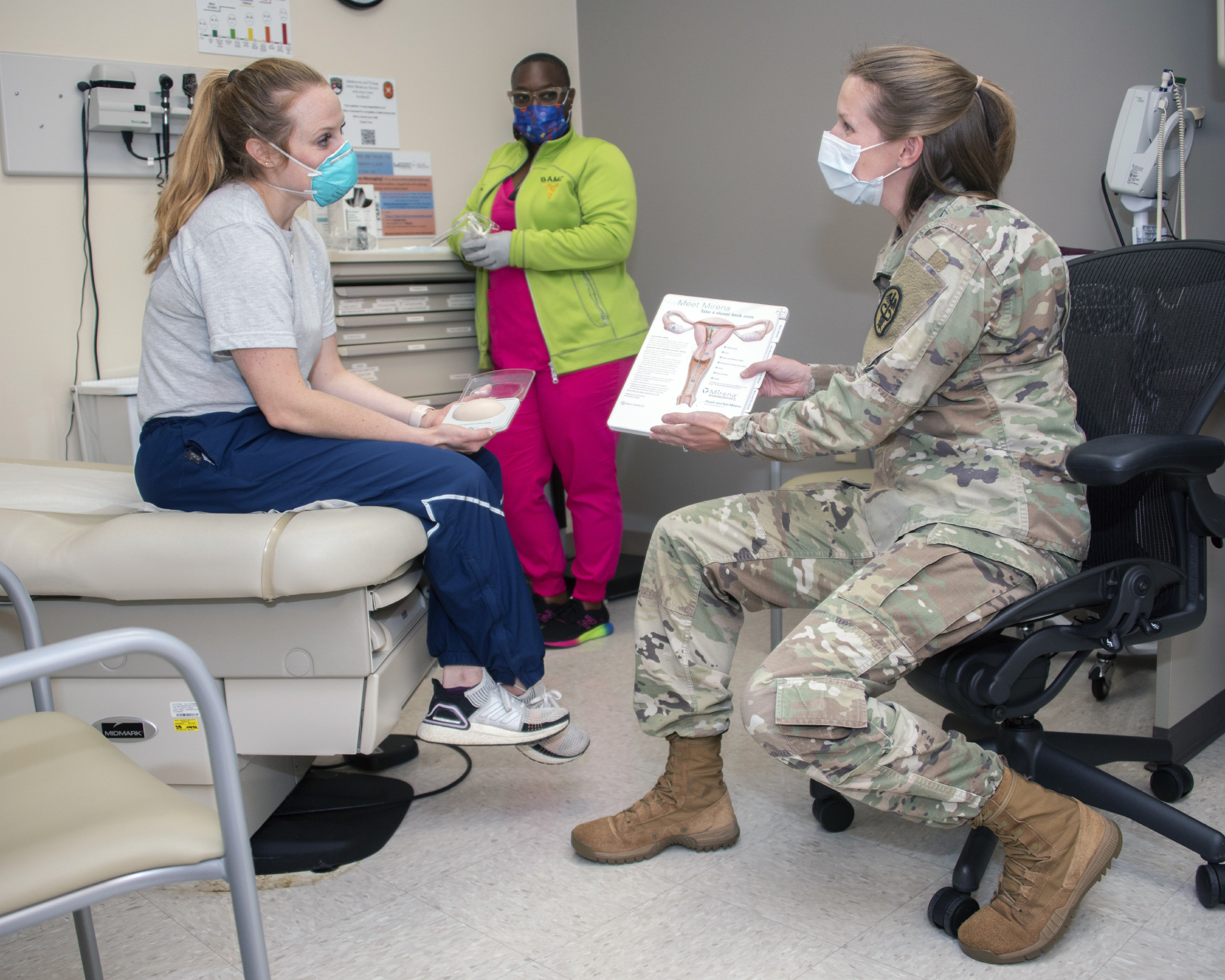Iud Military - Share all sharing options for: The Surprising Complications Against Birth Control—And A Plan To Improve It.
For many women, serving in the military is not just about serving your country. Irregular cycles and multiple menstrual cycles can be a major challenge when using birth control.
Iud Military

This is a problem when military hospitals only take birth control or tell soldiers (erroneously) that they are not eligible for long term pregnancies. such as an IUD if you have not had children.
Report Of The British Naval And Military Operations In Egypt, 1882 . Heliograph Must Be Constantly Readjusted, But The Opera Tion Is Merely A Slight Correction Of The Original Adjustment. If The Sun
Now, a nonprofit pharmaceutical company wants to change all that — and it's offering the military a unique deal if its hospitals join.
Liletta is an intrauterine device (IUD) - and IUDs are one of the most effective contraceptives on the market. Once inserted, the IUD will prevent pregnancy for at least three years.
Liletta is often expensive; the booking fee is $625. But the makers announced Monday that they will offer the device for $55 to military treatment centers — the same price as the $50 the company already offers to health care facilities. general.
"Several studies have suggested that one-third of women do not have access to their birth control method before using it," said Jessica Grossman, CEO of Medicines360, which Liletta was made. "A long-term, reversible disease may be more favorable to women in these cases."
Paragard Iud Injuries Lawyers
Recent studies have documented the problems servicewomen face in accessing contraception, especially during pregnancy. One study found that four out of 10 women have difficulty accessing their reproductive options while deployed — and military women have a higher rate of unplanned pregnancy than the general population.
A regular pack of emergency pills only lasts a month and depends on a woman taking the pill every day, at a set time - a doable task. then prove that women can't be on the front lines. On the other hand, IUDs last for years without the woman's intervention.
But not all military treatment centers have machines, and some women say they face obstacles trying to get one. An inexpensive IUD can remove one of the complications.

In 2013, researchers Kate Grindlay and Daniel Grossman interviewed 281 recently commissioned servicewomen to understand their use of the disease.
Water Contamination At Camp Lejeune, Other Military Bases Disproportionately Affected Communities Of Color: Report
Their research, published in the journal Contraception, shows that women have very different experiences of receiving birth control.
Some say birth control is almost a requirement for enlisted women, as the military hopes to prevent pregnancy for its enlisted members. "They made sure we could get the sample before it was delivered," one Iraq war veteran told investigators. "SLEEVE SHEARS."
Many others have experienced problems; a third said they did not feel like they had the opportunity to exercise discretion before receiving it.
This seems to be true for spirals. It was reported that many women requested the device but were told it was not suitable for women who had not given birth. The idea that women should have children before getting an IUD is a myth, and one that is being spread around the world.
Contraception And Deployment
"I can't get infected because I don't have children, and I can't get an IUD because I don't have children," one woman who served in the Navy told the researchers. Another woman, who served in the army in Afghanistan in 2010, said: “[I] wanted to switch from Yaz pills to the NuvaRing [or] an IUD, but the NuvaRing has to be inside the refrigerator and [they said] you should have a child who is civil."
Military health insurance covers all FDA-approved pregnancy tests, but not all treatment centers may have them. There are 740 of these hospitals, scattered throughout the United States, and each facility decides which types of procedures to make available to patients.
"Our knowledge varies from foundation to foundation, but the reality is that it's very difficult to find information on what women can achieve," said Maggie Jo Buchanan, associate director for life. women's health at the Center for American Progress, which published a broad report on this subject last year.

IUDs can pose challenges for hospitals to stock. It can be expensive; The Liletta, for example, costs $625 before discounts. Doctors also need training on how to use the device.
Choosing Birth Control When You're In The Military
Buchanan says the IUD can be a great option when you're traveling and in situations where it's difficult to take a pill at the same time of day, or in an environment where the patch can fall off. "
A U.S. Marine with the Lioness program, Regimental Combat Team 2, provides security at a traffic control center in Rutbah, Iraq, July 3, 2007, in support of Operation Iraqi Freedom.
Medicines360 is a not-for-profit medical company - which sounds like an oxymoron in an era of high drug costs. It was launched in 2009 with a single mission: to create the best kind of birth possible in finance (this BusinessWeek article is a fascinating look at its launch - and the surprising role of Warren Buffet ).
"One of the biggest barriers is the high cost," Grossman said, noting that IUDs typically cost between $300 and $600. "We started with the sole purpose of developing a low-cost but high-quality IUD."
Happy Mothers Day
Medicines360 brought Liletta to the market in 2015 in partnership with Allergan, a large pharmaceutical company. The device cost $625 for private hospitals, although discounts were available for larger orders. The reality was for public hospitals, where the device can be purchased for less than $50.
"Obviously we try to keep our lights on, but we don't even make a profit on machines at that price," Grossman said.
Liletta has sold 75,000 devices since its launch last April. Half of them went to public hospitals. It's unusual: drug companies tend to focus their marketing efforts on private hospitals that can charge higher prices.

"We found that military treatment facilities, like public health clinics, also had a hard time providing IUDs because of their cost," Grossman said. "We want to give this to the women who are serving."
Hospital Corpsman Sharay Upshur, From Milton, Delaware, Educates A Patient On An Intrauterine Device During An Appointment In The Contraceptive Clinic At Naval Hospital Pensacola On Sept. 19. The Contraceptive Clinic Is
Liletta's offer was not a partnership with the US military; Treatment centers will be able to choose which type of contraception they offer. It will take up to hundreds of organizations to decide if a big discount is enough to motivate the purchase of a new type of contraceptive.
"As soon as possible and as widely as possible, we will try to promote military treatment centers with this option," said Aimee Lenar, vice president of women's health at Allergan. "We talked about a number, and hopefully this price will work."
Buchanan, of the Center for American Progress, said that, in his work, the cost was not the first barrier to receiving the IUD for service women. Instead, she and other researchers heard from women who faced myths about the device as a huge barrier — like the idea that they had to be born to use it.
Still, any step toward making the device more accessible, he said, is a step in the right direction — and easy access to money could encourage consumers to revisit IUD research.
How The Ied Won: Dispelling The Myth Of Tactical Success And Innovation
Millions of people are turning to it to educate themselves, their families and friends about what's going on in the world around them and learn about things that pique their curiosity. Financial contributions from readers are an important part of supporting our resource-rich work and help us keep our authors free for everyone. Please consider making one contribution per day. The examples and information in this article or section may have a heavy bias or media pressure towards Iraq and the Middle East. Please improve this article or discuss the issue on the talk page. (April 2022) (Learn how and how to remove this sample message)
American Cougar hit by an IED with a payload of about 90-136 kg (198-300 lb) during the Anbar campaign
An improvised explosive device (IED) is a bomb that is made and installed by means other than conventional military methods. It can be made from conventional military explosives, such as a shotgun shell, attached to an explosive device. IEDs are often used as roadside bombs or homemade bombs.
IEDs are often used in terrorist attacks or in unconventional warfare by terrorists or commandos in a theater.
Improvised Explosive Device
In the Iraq War (2003-2011), terrorists used IEDs against US-led forces, and by 2007, IEDs were responsible for approximately 63% of died together in Iraq.
It was also used by terrorist groups in Afghanistan and accounted for more than 66% of the incidents in the 2001-2021 war in Afghanistan.
IEDs were also commonly used by the Liberation Tigers of Tamil Eelam (LTTE) in Sri Lanka during the Sri Lankan War.
This section requires additional information for verification. Please help improve this article by adding information from reliable sources. Unclaimed content may be challenged and removed. (April 2020) (Learn how and how to remove this sample message)
M Bc982 032
An IED is an improvised explosive device that contains a chemical, explosive, explosive, pyrotechnic or explosive device and is designed to destroy or disable employees or vehicles.
What does iud stand for in the military, arm iud, kyleena iud, iud military definition, bayer iud, iud lawsuit, why iud, what is an iud in the military, mirena iud, military iud, iud nexplanon, iud

0 Comments